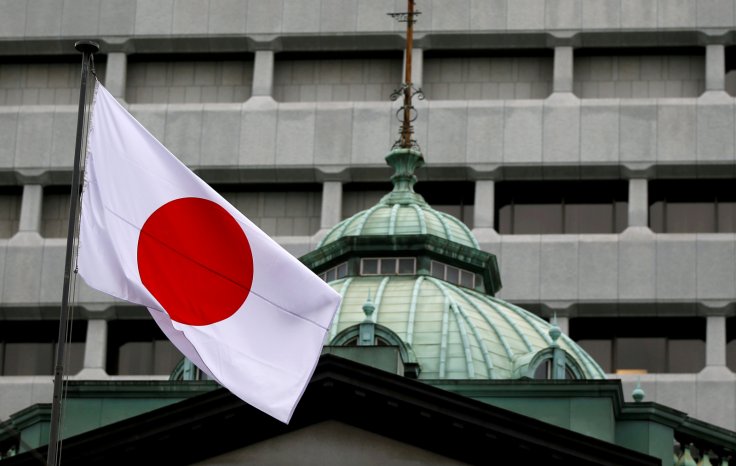
The Organisation for Economic Co-operation and Development (OECD) on Monday warned of the risks Japan faces due to its ageing population.
In 2017, there were 50 Japanese people aged 65 per hundred, while the rest were aged between 20 to 64, and this ratio is projected to rise to 79 per hundred in 2050, according to a report presented by OECD Secretary General Angel Gurria here.
"Half of the children born in Japan in 2017 are expected to live to the age of 107," Gurria said during the presentation.
This implies that, unless a series of reforms are implemented, Japan will lose its working-age population by 25 per cent in 2050, reports Efe news.
The official estimates contained in the report indicate that if in 2018, social spending on elderly population accounted for 18.8 per cent of the GDP, in 2060, it will be 23.2 per cent if certain measures are not undertaken.
Among them, Gurria mentioned the need to revise the mandatory retirement age, which is 65 years, although 80 per cent of Japanese companies set it at 60 years.
The report also highlighted a lack of career growth for the Japanese despite an increase in employment levels.
The OECD's recommendations for Japan includes increasing the number of foreign workers in the country as Japan has the third-lowest number of foreign workers, more than only Poland and Mexico.
In the press conference, Gurria also highlighted the decision taken by Prime Minister Shinzo Abe's government to increase the value added tax from 8 per cent to 10 per cent in October, which will serve to gradually reduce the country's budget deficit.
Gurria said that, among OECD member countries, only Canada has a VAT lower than Japan and thereby recommended progressive increases of one percentage point in Japan in subsequent years.









